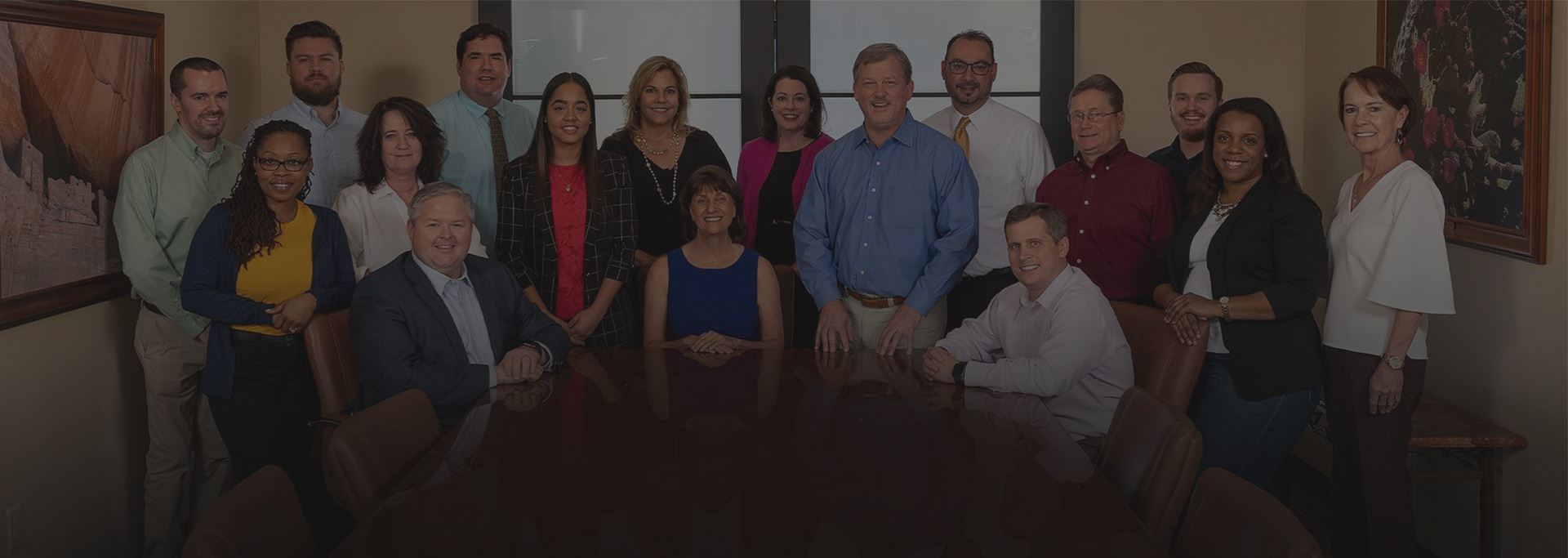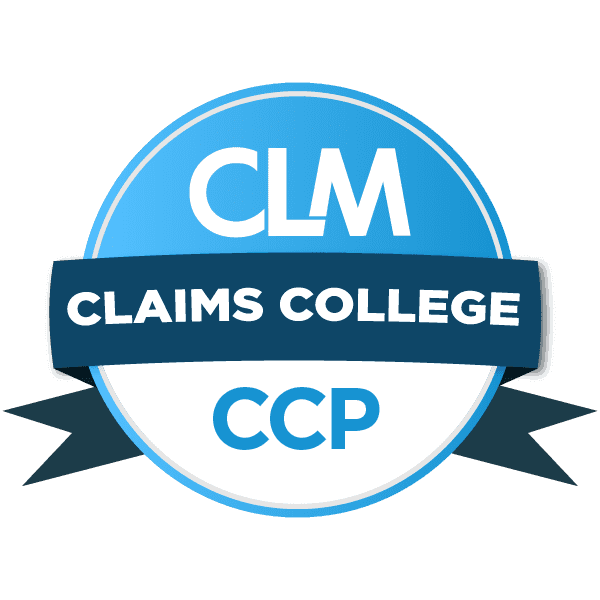Due to the current financial climate, residential foreclosures have increased exponentially. This has impacted construction defect litigation both practically and substantively. Foreclosures have added a layer of uncertainty and fluidity to the proceedings that did not previously exist. When a construction defect case involves a single family home subdivision, the claims are brought in the names of the individual homeowners. Often times during the course of the litigation foreclosures will occur resulting in transfer of title from the homeowner to the lending institution. Once the transfer of title occurs, the homeowner no longer has standing to pursue claims against the builder. Both the plaintiffs and defense bar agree that the claimant should then be dismissed from the legal proceedings for lack of standing. But because of the sheer number of foreclosures occurring daily, tracking the foreclosures can be a daunting task. Nonetheless, prudent practice requires the continual monitoring and confirmation of ownership.
More and more homes in Arizona are purchased following foreclosure proceedings, both as primary residences or investment properties. Construction defect attorneys are seeing an increase of homes in litigation where a subsequent purchaser acquired the home following a foreclosure. The purchase agreements of foreclosed homes invariably include an "as is" clause. This raises the substantive legal question of whether an "as is" clause in a real estate purchase contract of a foreclosed home operates to wave breach of warranty claims.
Arizona courts have held that a home builder owes an implied warranty of workmanship and materials and habitability of a home. Kubby v. Crescent Steel, 105 Ariz. 459, 466 P.2d 753 (1970); Nastri v. Wood Brothers Homes, Inc., 142 Ariz. 439, 690 P.2d 158 (1984). Courts have extended further protection to home purchasers by not allowing a builder to disclaim these implied warranties in writing. Hembree v.Broadway Realty & Trust Co., 151 Ariz. 418, 729 P.2d 288 (1986). This applies even if the builder was not building the house originally for resale, such as a model or for himself. Dilling v. Fisher, 142 Ariz.47 688 P.2d 427 (1984). Even a specific disclaimer against the very item that is defective contained in the original builder's agreement with the first buyer will not affect a successor buyer's rights against the builder. FNastri v. Wood Bros. Homes, Inc., 690 P.2d 158, 162, 142 Ariz. 439, 443 (Ariz.App. 1984) Further, a subsequent purchaser is entitled to the protections of implied warranty even in the absence of privity with the home builder. Richards v. Powercraft Homes, Inc., 139 Ariz. 242, 678 P.2d 427 (1984).
Despite the clear dictates of these appellate opinions, the question of implied warranties extending to purchasers of foreclosure homes is unsettled. In a case currently being arbitrated in Maricopa County, one private arbitrator recently granted partial summary judgment in favor of the builder. The motion sought to dismiss all implied warranty based claims against the builder by homeowners who obtained their homes following foreclosure proceedings. The arbitrator held that breach of warranty claims could not be maintained by a purchaser who agreed to accept the property in "as is" condition including any hidden defects and acknowledged that the seller was negating and disclaiming any warranties. Recognizing that public policy prohibits a builder vendor from disclaiming a warranty protecting an innocent purchaser, the arbitrator found that this same public policy would not necessarily extend to a purchaser of a foreclosure home if the purchaser has made a knowing waiver of any and all warranties as well as recourse against the seller for latent defects which are later discovered in order to obtain the benefit of purchasing a foreclosure home at a price significantly lower than the value of the home. This ruling is well reasoned and could very well be a "road map" for the Arizona courts to follow.
Another recent trend is the increase of purchasing foreclosed homes for investment. This has resulted in a raging debate among practitioners whether or not implied warranties should extend to subsequent purchasers who own the home for investment purposes. The Arizona Court of Appeals has made clear that the exception to the privity requirement for the extension of the implied warranties for subsequent purchasers is limited to home buyers and does not apply to commercial property transactions. Hayden Business Center Condominiums Assn v. Pagasus Development Corp., 209 Ariz. 511, 513-14,105 P.3d 157, 158-59 (2005). In so doing, the court observed that the policy considerations that provided the basis for the Richards decision do not apply to commercial property because parties to a sale of commercial property generally have comparable sophistication levels. Id. at 513-14, 159-60. The issue is whether the courts will characterize residential investment property as commercial property.
Based on the holding in Hayden, it can be argued that homes purchased as investment properties should be treated as commercial property and therefore not subject to the extension of the implied warranties. Purchasers of investment properties are likely more sophisticated than the average home buyer. However, in certain legal contexts, Arizona treats primary and investment residences the same, such as Arizona anti-deficiency statutes, which states that any residence...whether primary, secondary, or rental, is protected from deficiency claims of creditors, while commercial properties are not. It seems that the legislature may have already contemplated the difference between those who own commercial property and those who own residential property for commercial reasons. If and when this issue goes before the court, there are compelling arguments on both sides, and it is unclear which argument will prevail.












